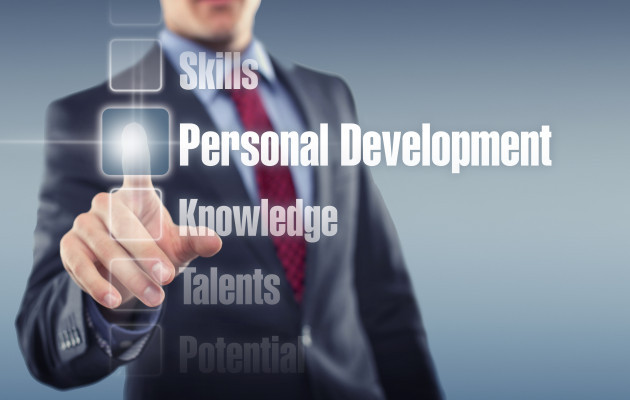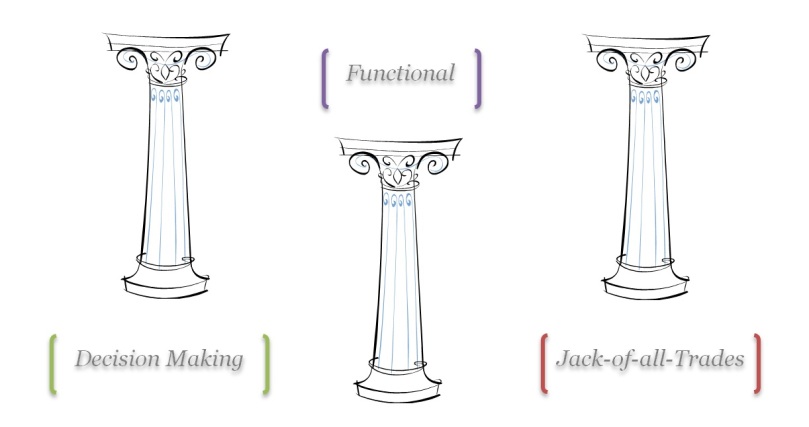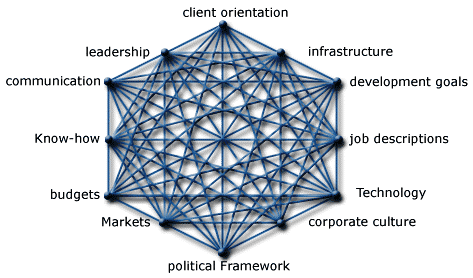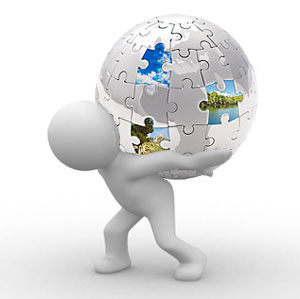Guest Writer: Lessons Learned from Politics by Radhia Benalia
Dear Reader,
As per my previous announcement this month, I will start hosting guest writers on my blog to share some experiences, knowledge and perspective that are worth shedding light on.
In this context, my first guest writer is Mrs. Radhia Benalia, the Deputy General Manager of CMCS Lebanon, a 2009 candidate for the BC Liberals for the constituency in Canada, an avid public speaker and translator with strong knowledge in project management. Her article is shedding light on her political experience when she ran for office in Canada in 2009. To get to know her better check: LinkedIn || Blog || Pinterest || Twitter
Enjoy the read!
Afif
—————————————————————————————————————————————————-

Lessons Learned from Politics
In 2009, I was nominated as the candidate for the BC Liberals for the constituency of Surrey-Whalley in beautiful British Columbia. A unique experience. The election campaign happened “fast and furious” as I was nominated a few weeks only before elections. Fact is: I have done, seen, and lived the unanticipated, and these are the lessons learned I wanted to share:
Lesson 1:
If you ever think of going into politics, I’ll say you better keep pristine records. The other camp will cheerfully cut you to pieces and feed you to the dogs if they have anything on you. Even speeding tickets. Don’t break the law; don’t even lie about your résumé. You know what they can do with that!
Lesson 2:
Practice public speaking. Tirelessly. I was fortunate enough to have been teaching public speaking for a few years, and I surely had the chance to practice, and for a “rookie”, I did pretty well in debates and speeches, so I’m more than grateful for what I had learnt prior to my entrance into politics.
Lesson 3:
Hire a campaign manager that has the guts to tell you off and criticize you. Mine did repeatedly. He made me work 3 shifts and got me to talk about things I never thought I would a hundred miles an hour. Besides, he took care of me, chased me around every day of the campaign with a pack of vitamins, and made sure I ate well. My campaign manager was more important than I was for the campaign, and I couldn’t have done it without him.
Lesson 4:
Lose weight or wear those braces before you are nominated. What I mean to say is if anything makes you extremely uncomfortable about your looks, then remedy to that before you see yourself on camera and become devastated. You’ll see a lot of yourself everywhere. Every day.
Lesson 5:
Choose a campaign photo you’re comfortable with. You’ll be seeing the photo on billboards, posters, and even on TV; take the time to choose. Three years later, I still am glad I wasn’t forced into making a quick choice.
Oh, and about comfort, make sure you have a few pairs of very comfortable shoes. Trust me: The investment is worthy.
Lesson 6:
If you don’t have enough good people around you, don’t do it.
I was extremely lucky. My team was wonderful. Everyone worked so hard, and they were known for being one of the most supportive campaign teams ever. I couldn’t have done it without them either.
Lesson 7:
Walk tall.
You‘ll be criticized over and over again, and then some. You’ll take heat, and it’s not going to be pretty. Candidates are criticized by journalists, constituents, and even by people who endorse them. Listen objectively, learn, and work on improving yourself. Do not waste time feeling resentment. It is useless.
Lesson 8:
Make yourself available to your constituents. Listen with heart. During the campaign I was “summoned” to a meeting with a group of citizens who were irate about the way the party I represented handled a safety issue in the area. I wasn’t the decision maker, but lobbied for the concerned constituents, and they knew I cared. It feels good to remember that I did not let those people down.
Lesson 9:
Learn about the history of your party and your constituency, and fill in any gaps you might have. You’ll be asked about things that happened when you weren’t even born and will be sentenced to political disgrace if you do not have the answers. I was once asked about a constituent allegedly abused by the police. I hadn’t heard. Trust me, I didn’t look good then.
Lesson 10:
Nothing is off the record with journalists. When my signs were vandalized during the campaign, I had a journalist make me think four times over an interview that I wasn’t on camera anymore in an attempt to “elicit” what she wanted me to reveal. My team had warned me, and fortunately, I didn’t beep a word.
Lesson 11:
Keep your family close. Do not let your campaign team become the “middle-man”. Always make sure your children know where to reach you. Listen closely to your spouse, and do not make any major decisions about your career without your family. They will be part of every bit of it. My family stood by me every minute of it, and I do thank them for that.
Lesson 12:
Be ready to move on whatever happens. Your life does not stop on ballot night. Whether you make the seat or not, there is much more to think about , work for and live for.
Lesson 13:
Read the numbers well. I was glad to find out that I had gotten more votes than my incumbent opponent did the first time he ran. Definitely what many considered a huge success, especially considering all the circumstances surrounding my nomination.
In Conclusion
I hope this was helpful. However, I’d like to say that the biggest lesson I have learnt from my political experience is not to enter politics unless it is for wanting to make a change, a good one. It is only then that it can be rewarding.
Being a public figure and submitting yourself to scrutiny is definitely not a bed of roses. It takes a toll on your health, personal life, and even your freedom. If you’re doing it for the power or for the money, then DON’T. It is just not worth any part of it.











